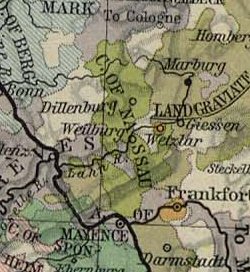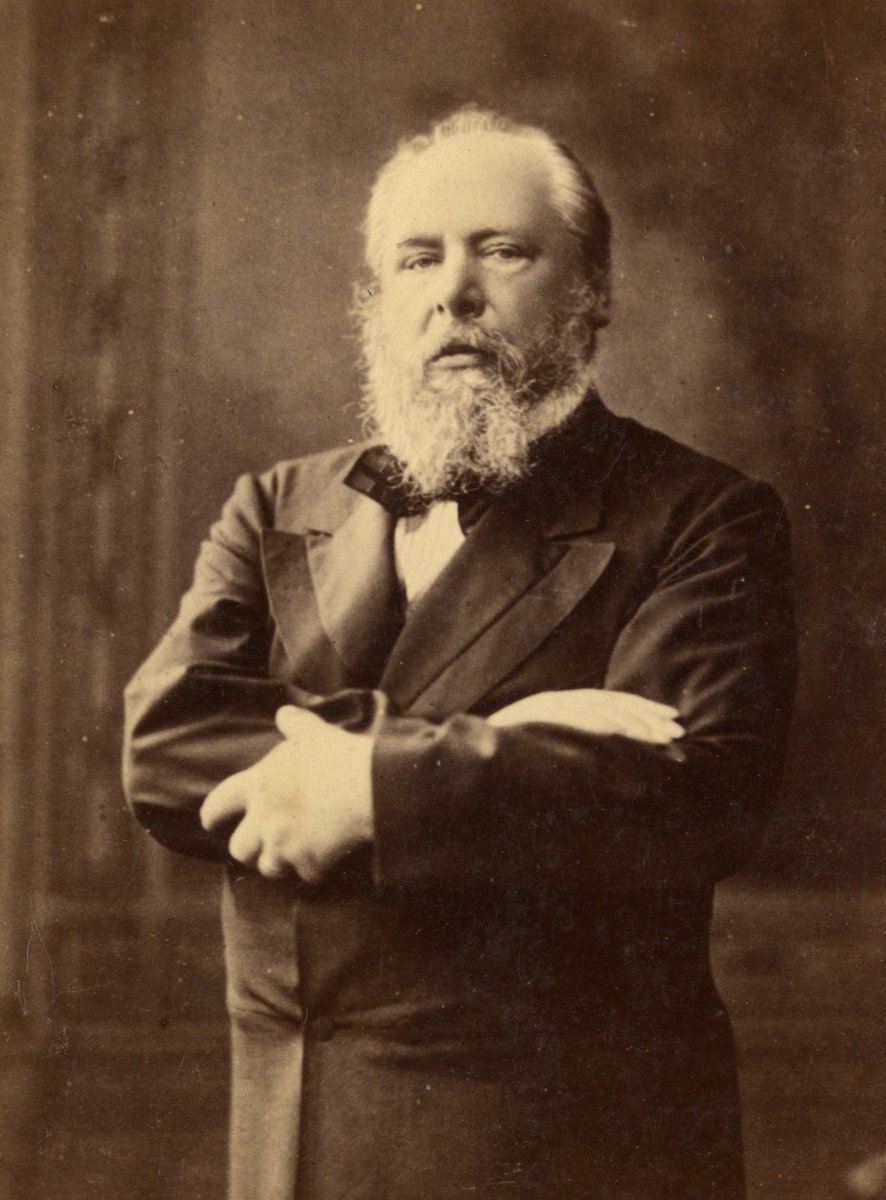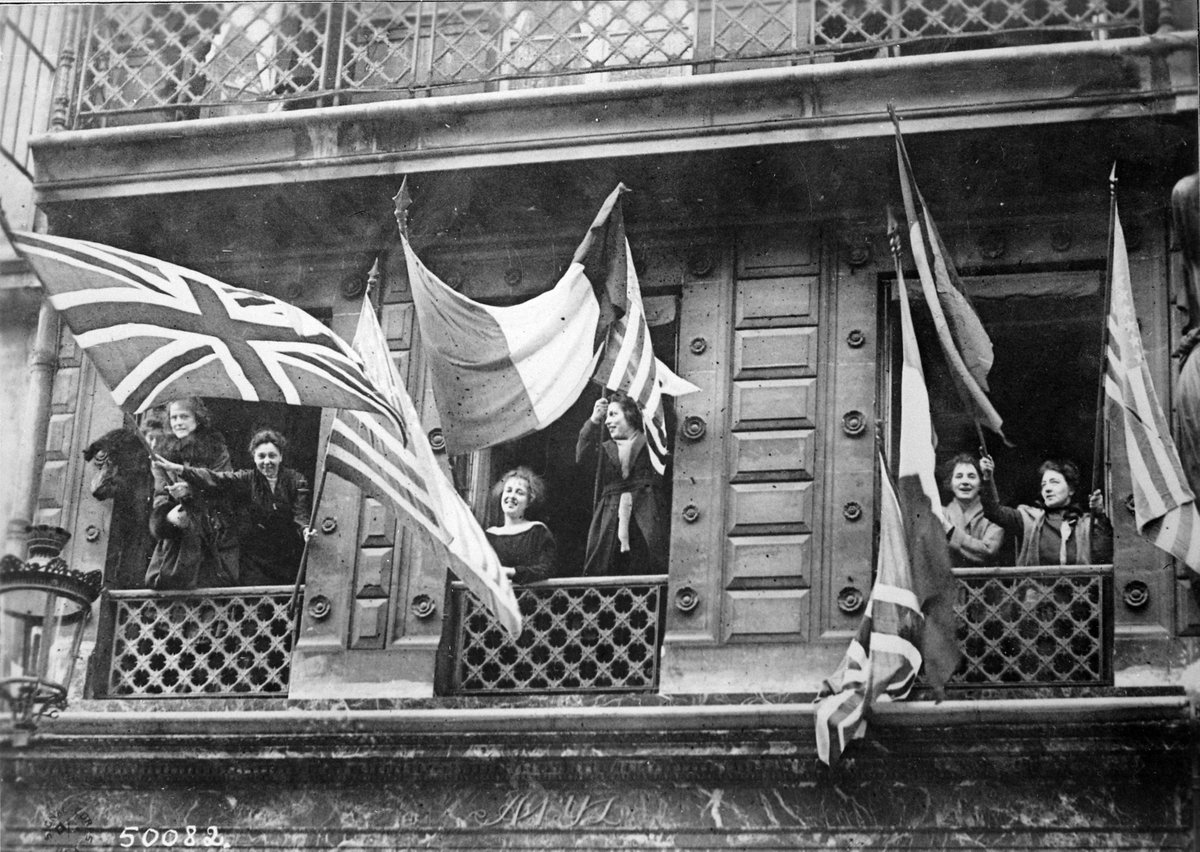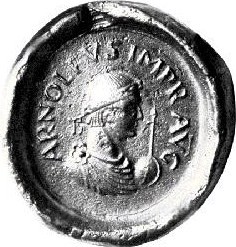
A nation takes a new path.
A new foreign dynasty, but at its last leg.
An uncertain future for one of the richest countries in the world.
Story in the evening ...
A new foreign dynasty, but at its last leg.
An uncertain future for one of the richest countries in the world.
Story in the evening ...
https://twitter.com/Arby_K/status/1446301893228072963
Wilhelm Alexander von Nassau was born in 1852 to Adolf, Duke of Nassau, and Princess Adelheid-Marie of Anhalt-Dessau. Formed during the Napoleonic Wars, the Duchy of Nassau was a constituent of the German Confederation formed after the Congress of Vienna in 1815. 1/10 

But after the Austro-Prussian War of 1866, the Confederation was disbanded. Nassau, having sided with the defeated Empire of Austria, was annexed by Prussia, bringing to an end over seven centuries of rule by Wilhelm's family in Nassau. 2/10 

Founded in 1125, County of Nassau was initially divided in 1255 into two by brothers, Walram and Otto. There were many more subsequent divisions over the centuries, but in 1783 the House of Nassau made a pact to formalize succession in case a branch dies out. 3/10 



Wilhelm and his cousin, Georg Nikolaus von Merenberg, were the last legitimate male descendants of Count Walram. Count Otto's line also had reached its end with Willem III, King of the Netherlands and Grand Duke of Luxembourg. 4/10 

Both of King Willem's sons had died by 1884, leaving his daughter, Wilhelmina, to inherit Netherlands. The Grand Duchy of Luxembourg, however, did not allow succession in the female line and so, the former Duke of Nassau was slated to inherit it. 5/10 

Duke Adolf became Grand Duke in 1890, leaving the administration of Luxembourg to Prime Minister Paul Eyschen. It was during this time that Luxembourg developed a stronger identity as an independent nation, with the adoption of a National Anthem. 6/10 

Wilhelm became the Grand Duke in 1905 after his father's death. However, the question of heir was still an issue since the Grand Duke had no sons. His cousin could not succeed either, because his parents' marriage was morganatic. 7/10 

In 1907, the law was amended to allow the succession in the female line. Marie-Adélaïde, the eldest daughter of Grand Duke Wilhelm, became the heir presumptive. She became Grand Duchess in 1912, aged 17, under the regency of her mother, Maria Ana de Braganza. 8/10 

The Great War saw Luxembourg occupied by Germany. The death of Prime Minister Eyschen in 1915 also made things worse for Luxembourg. The historic German connection of Nassau did not help matters. Their neighbours, France and Belgium, also had designs on the Grand Duchy. 9/10 

The Grand Duchess abdicated in 1919 in her sister's favour. Grand Duchess Charlotte married Italian / Spanish / French Prince Felix of Bourbon Parma and her grandson is the current monarch of Luxembourg. 10/10 



• • •
Missing some Tweet in this thread? You can try to
force a refresh














